‘A people without the knowledge of their past history, origin and culture is like a tree without roots.’ — Marcus Garvey
“I like learning about the Anglo-Saxons because they have a really good place in history. I like looking at the different artefacts.” Year 3
Intent
At St Joseph’s we endeavour to provide a broad curriculum where History will be used to enrich the pupils’ understanding of where they have come from within the wider global community. They will be used to develop a love for learning about their past, and develop their hopes for the future.
In History, the pupils should develop investigative skills from the wonder of what happened before. Their knowledge will be led by their own inquisitiveness, which should lead them to what they want to know. They will be exposed to a rich set of topics in order for them to want to find out more on their own. They will have a strong understanding of the history of where they live, and where they have come from.
Implementation
At St. Josephs we want our children to be inspired to think as Historians. The curriculum is organised to address themes that are relevant to the local environment. The children will follow a chronological programme of study that helps them to place historical events in context. We aim to develop a curiosity to know more about the past with the ability to ask questions, think critically and develop perspective and a point of view. Within our unique and rich multicultural community, we aim to provide the basis for a common canon of historical knowledge and understanding that can be deepened and extended as the children progress through our schools.
Impact
As children leave St. Josephs, they will learn about different periods of history which will have been carefully linked to other areas of study, in particular literacy and geography. Children will know about historical events through carefully planned lessons that help them to make connections between events. They will know how to use external resources, know about their local history as well as have the opportunity to participate in educational visits. The impact of the history curriculum will be measured through pupil voice, standards and quality of assessments and recording of learning.


